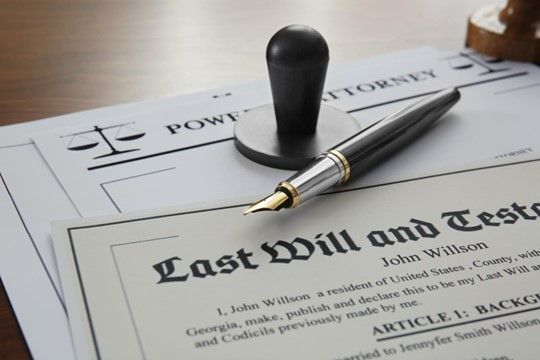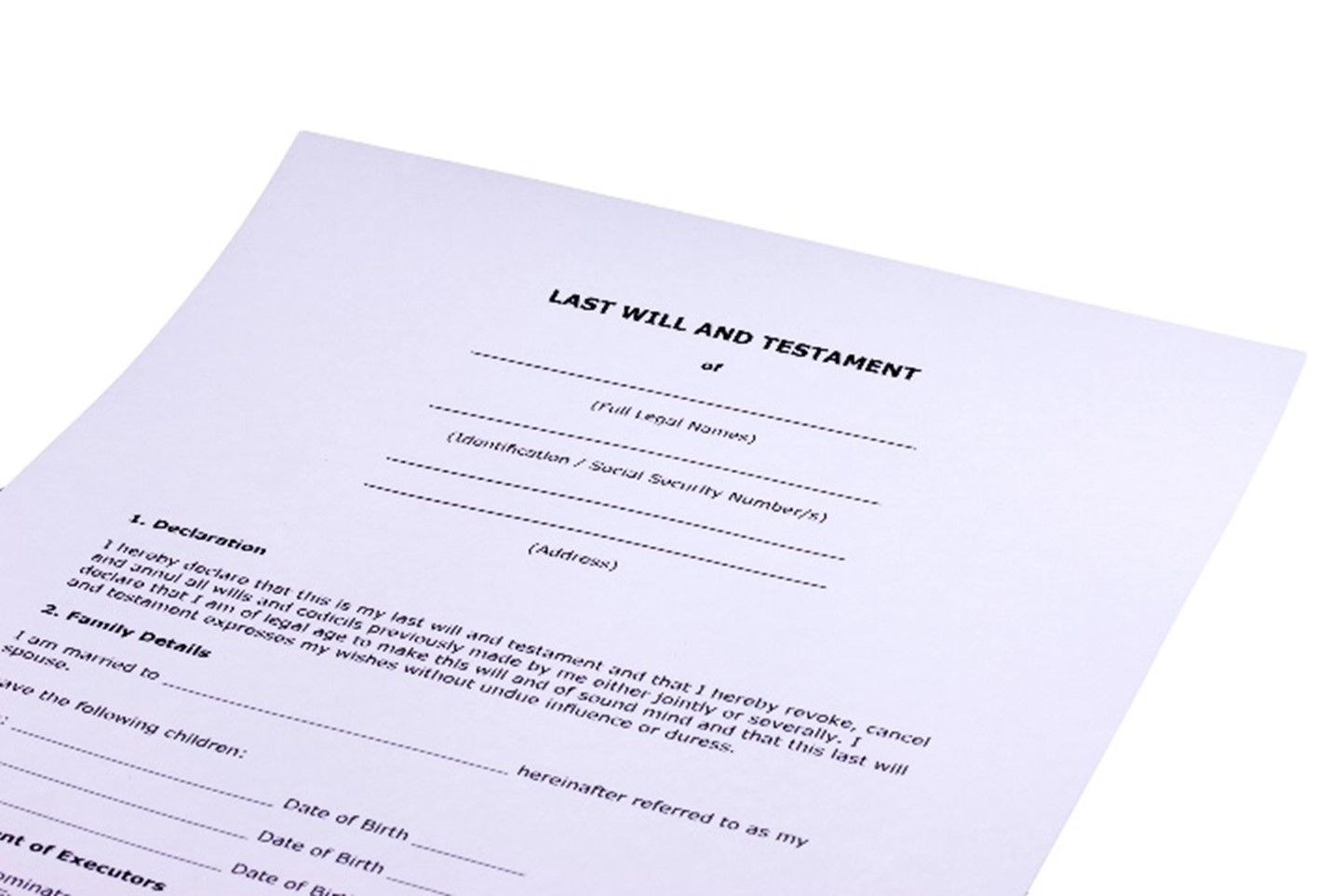Does my will always control the distribution of my assets?
It is helpful to understand the difference between the two classes of assets and how they are distributed when putting together your estate plan.
If you have gone through the estate planning process, you may assume that your will would control the distribution of all your property. In reality, you own two types of property: probate and non-probate. Each type is distributed differently. It is therefore important to have a basic understanding of the distribution rules for each to ensure that your estate is distributed according to your wishes.
How probate assets are distributed
Probate assets must go through the probate process before they may be distributed. During this process, if you have a will, the probate court examines it to ensure that it is valid. Additionally, the court appoints a personal representative to find your heirs, pay your estate’s debts and taxes, and gather your assets. Once this process has been completed and your assets have been distributed according to your will’s terms, probate is complete.
If you have a will, all probate assets are distributed according to its terms. However, if you do not have a will, your probate assets still must clear probate before distribution. However, in this case, the ultimate task of probate is to distribute your property according to Nevada’s intestacy laws. These are the default rules of distribution for those without a will.
In general, your probate assets are things that only you own. Such property may include motor vehicles, real estate (owned only by you), bank accounts that are in your name, stocks and personal belongings.
How non-probate assets are distributed
As the term suggests, non-probate assets do not have to go through probate before they are distributed. Non-probate assets, unlike probate assets, are property that is jointly owned or has its own designations of beneficiaries. Such assets often include:
- Jointly-owned real estate
- Life insurance
- Joint bank accounts
- Retirement plans
- Assets within a trust
- Pensions and annuities
- Other accounts or assets with a “payable-on-death” or beneficiary designation
Unlike probate assets, your will does not control the distribution of non-probate assets; they are distributed according to their beneficiary designations. Because of this fact, problems can arise if there are conflicts between your beneficiary designation and what your will says. For example, you may intend for your life insurance proceeds to be used to fund your children’s educations. However, if you name your spouse as your beneficiary (instead of a trust for example), he or she may use the assets for any purpose, no matter what your will says.
This is one of the many problems that can arise if your estate plan is not in order. To ensure that your assets are distributed in the manner that you wish, consult with an experienced estate planning attorney. The attorneys at Escobar & Associates Law Firm, Ltd. can listen to your goals and put the necessary measures in place to carry them out.






